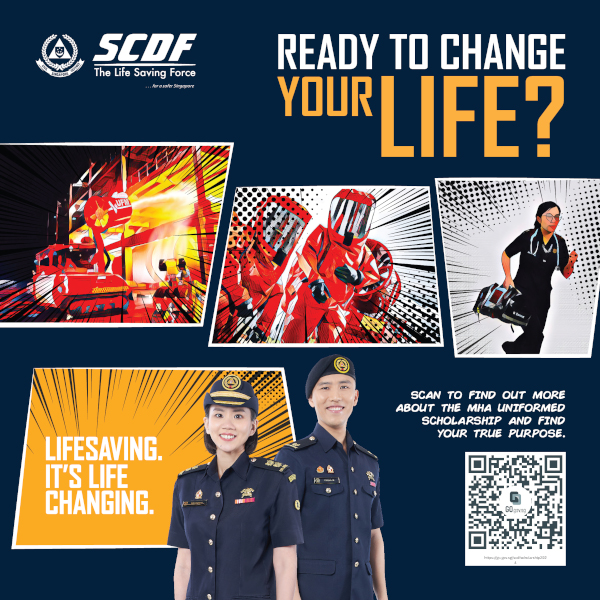A case interview is a job interview format commonly used by consulting firms, investment banks and industries where problem-solving skills are critical. In these interviews, candidates are presented with a real-world business problem faced by clients, and are asked to analyse and solve the problem as they would in real life.
WHO USES THEM AND FOR WHAT ROLES
Case interviews are typically used by organisations recruiting for consulting, strategy and analytical roles. Consulting firms, such as McKinsey, subject candidates to rigorous multi-stage interviews, including case interviews, to assess candidates.
Other than management consulting, roles requiring strong problem solving and analytical skills, such as investment banking and private equity, also use case interviews to evaluate their candidates’ problem solving and analytical ability. Tech companies such as Google and Microsoft also incorporate case interviews into their hiring process, particularly for roles that require complex problem solving and strong data analytical skills.
FORMAT OF CASE INTERVIEWS
Case interviews are usually conducted one-on-one and last about 30 minutes. Candidates are typically presented with incomplete and ambiguous information and are required to make recommendations based on their analysis of the problem.
Case interview formats vary depending on the organisation and interview round. Regardless of the format, keep in mind the same objective applies: the interviewer is looking for a logical and structured approach.
- Interviewer-led: This is a highly structured format where the interviewer controls the sequence of the interview, guiding the candidate through questions to assess their problem-solving approach.
- Candidate-led: In this format, the candidate is presented with an open-ended question and is expected to drive the case from start to finish.
- Written case: Candidates are given data and a hypothesis, which they must test to determine if the data supports it. This format evaluates data interpretation skills.
COMMON REASONS WHY CANDIDATES FAIL
- Lack of preparation for case interviews
- Jumping straight into analysis without properly understanding the problem
- Making assumptions without clarifying details
- Attempting to solve the problem without a clear structure
- Making careless calculation errors
- Lack of business acumen
- Poor communication and presentation skills
- Inability to cope under stress and time pressure
WHAT INTERVIEWERS LOOK OUT FOR IN CANDIDATES
- Problem Structuring Skills: Interviewers assess how logically and methodically a candidate approaches a problem. This involves breaking down complex problems into smaller, manageable components.
- Analytical Skills: Interviewers look for the ability to analyse data, identify patterns, and make data-driven decisions. Quantitative skills are often tested to evaluate how well candidates handle numbers under pressure.
- Problem-Solving Ability: Case interviews are designed to test how creatively and effectively a candidate solves a problem, especially in scenarios where information is incomplete or unclear.
- Business Acumen: Candidates are expected to show an understanding of basic business concepts, industry dynamics, and real-world implications of their recommendations.
- Flexibility and Adaptability: Interviewers may throw curveballs or change certain aspects of the problem to see how well the candidate can adapt to new information and unexpected challenges.
- Communication Skills: Clear and concise communication is crucial in delivering recommendations to clients. Interviewers observe how well candidates explain their thought process, articulate their analysis, and present their conclusions.
- Confidence and Poise: How candidates handle stress, uncertainty, and time constraints is also evaluated. Confidence without arrogance and the ability to stay composed under pressure are important traits.
Case interviews are designed to test your ability to think critically and solve problems under pressure. By preparing thoroughly, maintaining clear communication, and applying structured thinking, you can confidently demonstrate your skills and excel in these challenging interviews.







